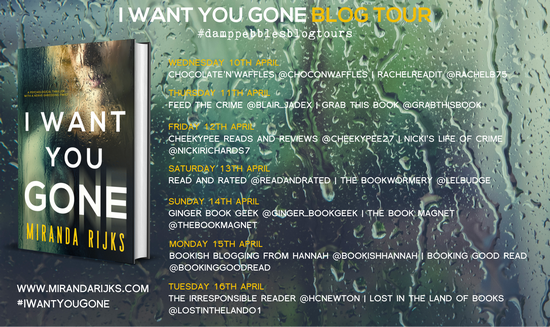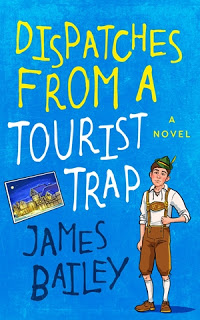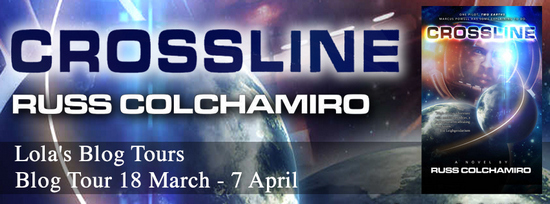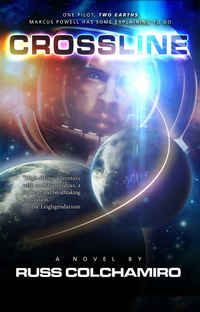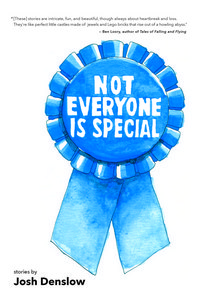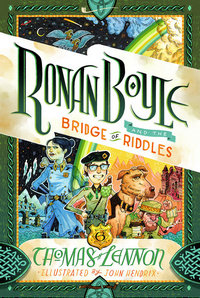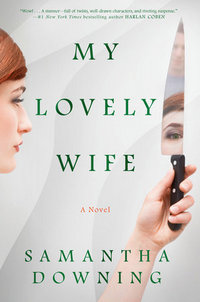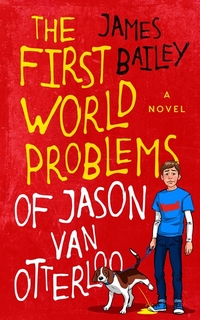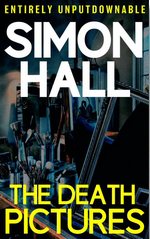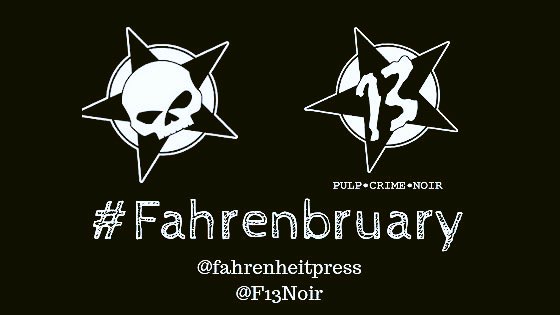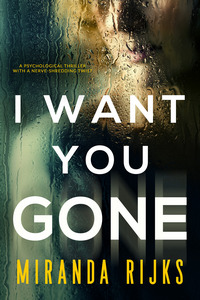 I Want You Gone
I Want You Gone
by Miranda Rijks
Kindle Edition, 299 pg.
Inkubator Books, 2019
Read: April 10 – 11, 2019

There is just so much about this book that I can’t say here without ruining it. I can talk about premise, but I can’t talk about the plot much beyond that. As for characters? There’s really only one I can talk about. I really can’t talk about the minor issues I had without ruining a lot. Really, Rijks went out of her way to make this book almost impossible to talk about. Let’s see if I can figure out a way to say a little something, shall we?
Estate agent Laura Swallow gets a phone call from her daughter interrupting a first date — Mel’s away for her first term of University and checks her mom’s Facebook and sees that she’s being reported as dead. So instead of the phone calls she’s been making bewailing her loneliness, how hard it is being at school, etc., she calls to make sure Mom’s okay. Obviously, this casts a pall over the date and they call it a night.
The next day, Laura comes into work and discovers that her death is being reported in the newspaper, too. The description of her life in the death notification is unfavorable to say the least. It’s about as far from the laudatory and hagiographic words usually used as you can imagine. Laura starts to expect that this isn’t a misunderstanding, but there’s something malicious to all this. It doesn’t take too long for things to get worse — there’s someone clearly out to ruin whatever’s left of Laura’s life while trying to convince the rest of the world that she’s dead. Before long, it gets dangerous enough to be Laura that no one could help but wonder if the stories about her death were just a little early.
Laura doesn’t know who to suspect — her ex-husband? her ex-husband’s new significant other? the doctor she just started dating? a creepy client? Someone else? Laura doesn’t know what to do to find out. The reader will be a bit more objective and will have a longer suspect list that’ll include some friends that Laura can’t bring herself to suspect. Now at various points I could make a good case for any of the suspects being the person behind it all. But it turns out that my first guess was right — although there were enough red herrings that I had to keep guessing.
The characters are pretty well drawn and developed — obviously Laura more than the rest. Some of the other characters we get to know nearly as well, but not all of them. Laura’s still recovering from her sister’s death and her divorce, the events of this novel both accelerate the recovery and set it back. All in all, half the fun of this book is getting into her mind. I can’t say that I understand every choice she makes (actually there’s a few I can’t begin to understand), but it’s fun watching her make them.
I’m not convinced I buy the reactions her boss had to the whole situation — and I can’t imagine anyone having the take on the vandalism on her car that her boss and others did have (that one in particular chafed). But that’s pretty much the only false notes as far as characters go, and it did propel the plot. As far as the other characters go are concerned, pretty much anything I say would risk giving something away — so I’ll leave it at that. Even if you guess who’s behind everything, getting their motive right will be trickier, and you’re apt to second guess yourself a few times.
Rijks draws you in pretty quickly by Laura’s likeability and the strangeness of her circumstances, and then she keeps drawing you in more and more as things get stranger and more dire. If you’re not leaning forward a little bit during the last couple of chapters, you’re made of sterner stuff than I.
A great, twisty story that’ll keep you guessing as it entertains. It’s just what you want in a psychological thriller — creepy, atmospheric, with a good story with a protagonist and antagonist that you can dig your teeth into. It’s the kind of book that’ll keep you gripped and may make you lose a little sleep right up until the end, well worth your time.
—–


My thanks to damppebbles blog tours for the invitation to participate in this tour and the materials they provided.



